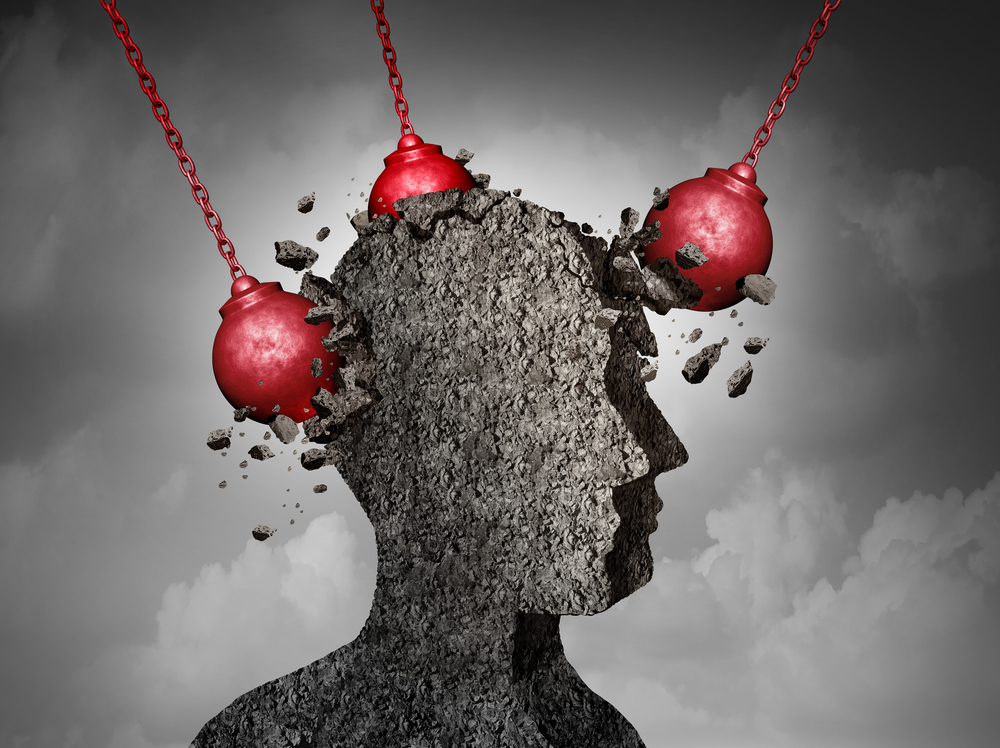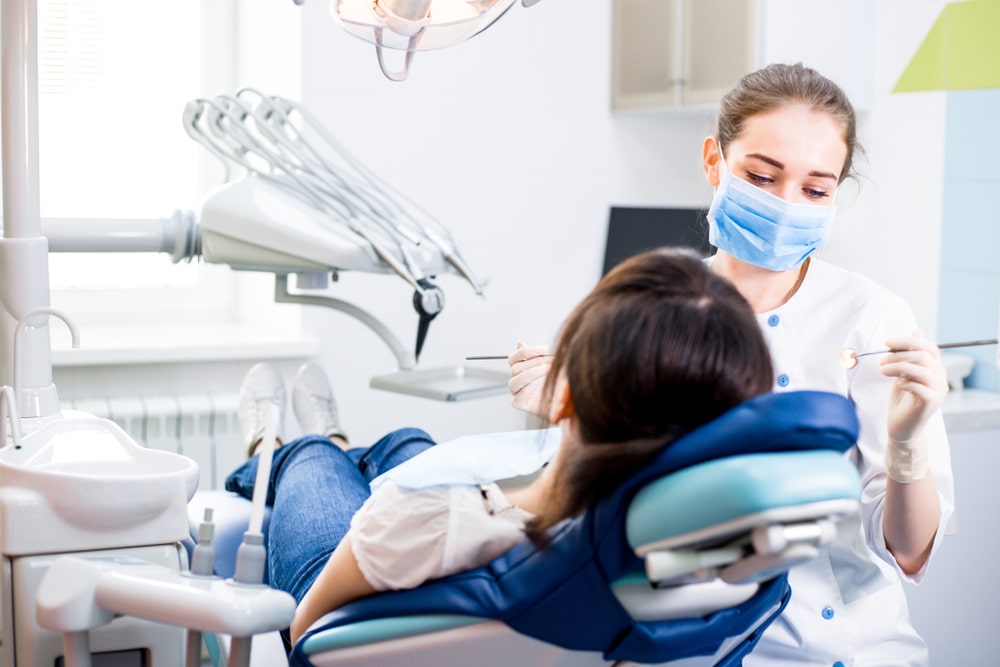Migraine headaches can really throw you for a loop. Unlike regular headaches, migraines are a neurological phenomenon and can often be difficult to treat with over-the-counter or traditional prescription painkillers. As a result, many migraine-specific prescription medications have debuted on the market, some more effective than others, depending on the patient. Effective treatments for migraine headaches depend on the individual migraine sufferer, but so too do migraine triggers. For some it’s alcohol, for others it can be anything from bright lights to stress or even other medications. But there is one trigger that you may not have known about, and it’s making headlines around the world. Do you get migraine headaches? Do you have temporomandibular joint dysfunction? Well, according to a new study, the two may be closely related. The study was conducted at the University of Sao Paolo in Brazil and found that though temporomandibular joint dysfunction (or TMJ dysfunction for short) itself cannot trigger a migraine, having a migraine with TMJ dysfunction could make your migraine symptoms much worse. So, what’s the cause behind this new revelation? Well, researchers aren’t 100 percent sure, but there are some theories. First, the pain of having a migraine could be a trigger for TMJ dysfunction. If you are experiencing pain anywhere in the body, but especially in the head, you could be more likely to grind your teeth or clench your jaw, which would exacerbate migraine pain. Another theory? Cortisol. Cortisol is a hormone that the body releases during times of high stress. Stress is also a well-known trigger of both migraine headaches and temporomandibular joint dysfunction, again due to jaw clenching and teeth grinding. When cortisol is released in the body, it acts as an inflammatory, causing the joints to swell. This includes the temporomandibular joint, which, if it’s already affected by temporomandibular joint dysfunction, could feel a whole lot worse. The good news is you don’t have to live with temporomandibular joint dysfunction pain. Treatment options such as neuromuscular orthodontics can work to alleviate that pain and align your jaw for optimal relief. If you suffer from TMJ dysfunction, please contact Dr. George’s office for an evaluation by calling 724-220-2347.




